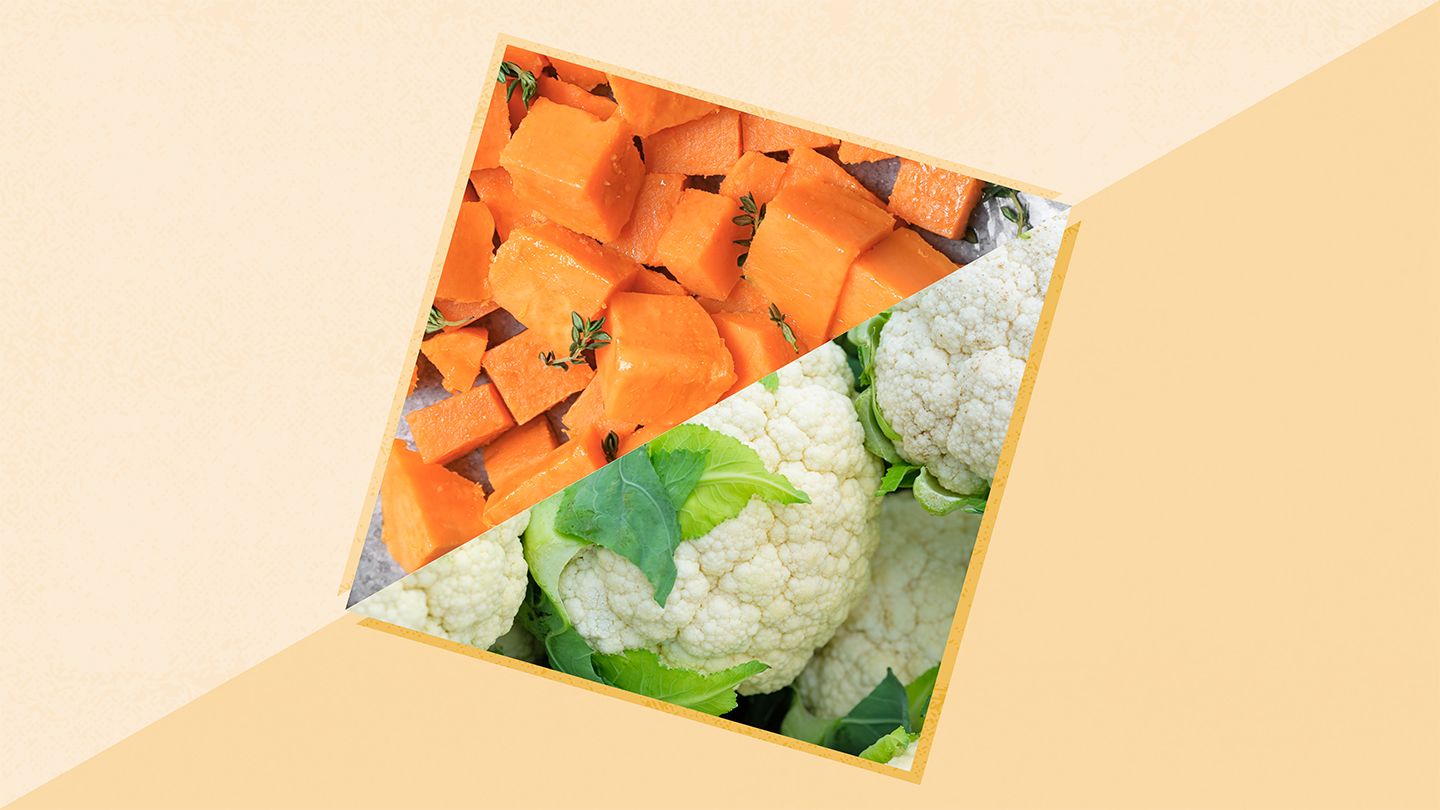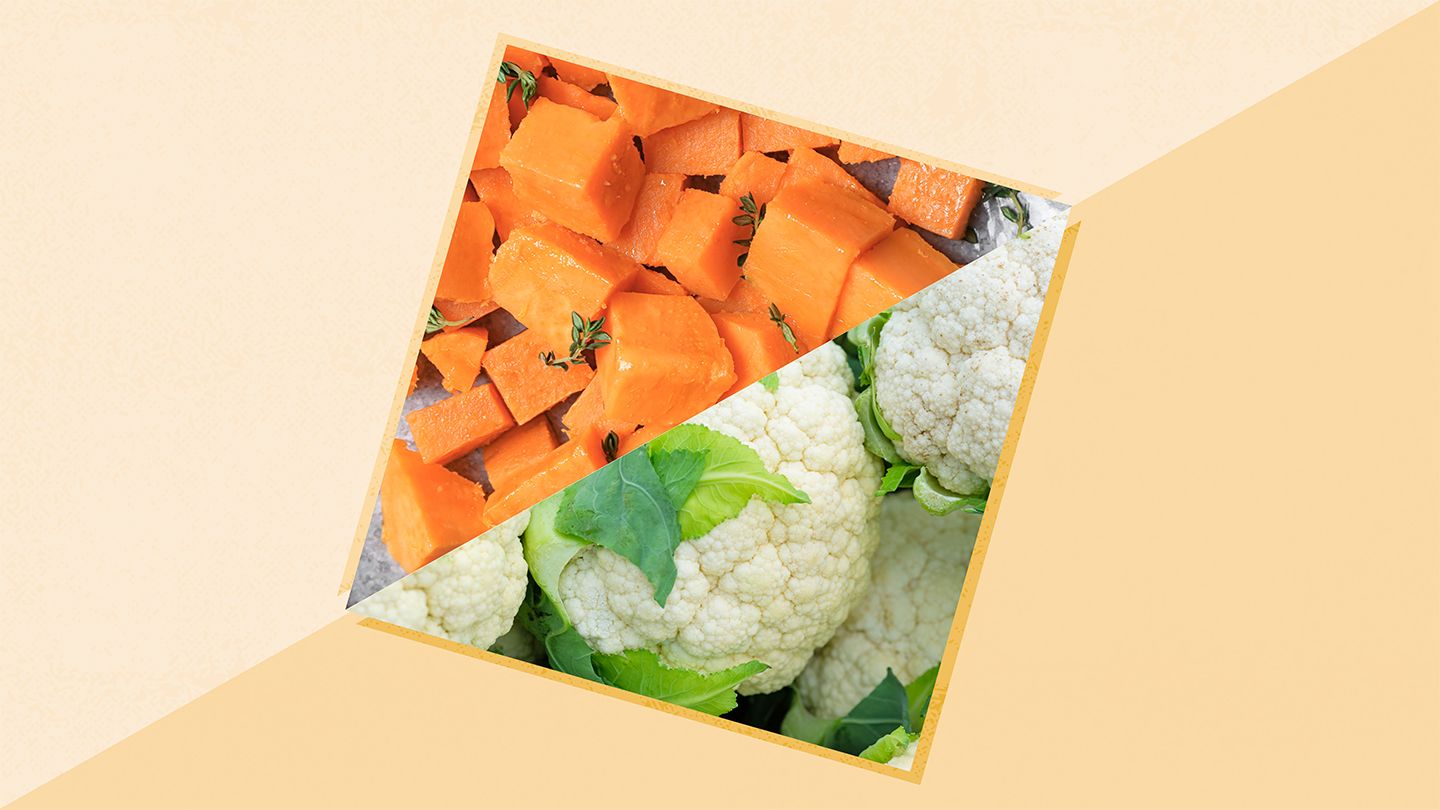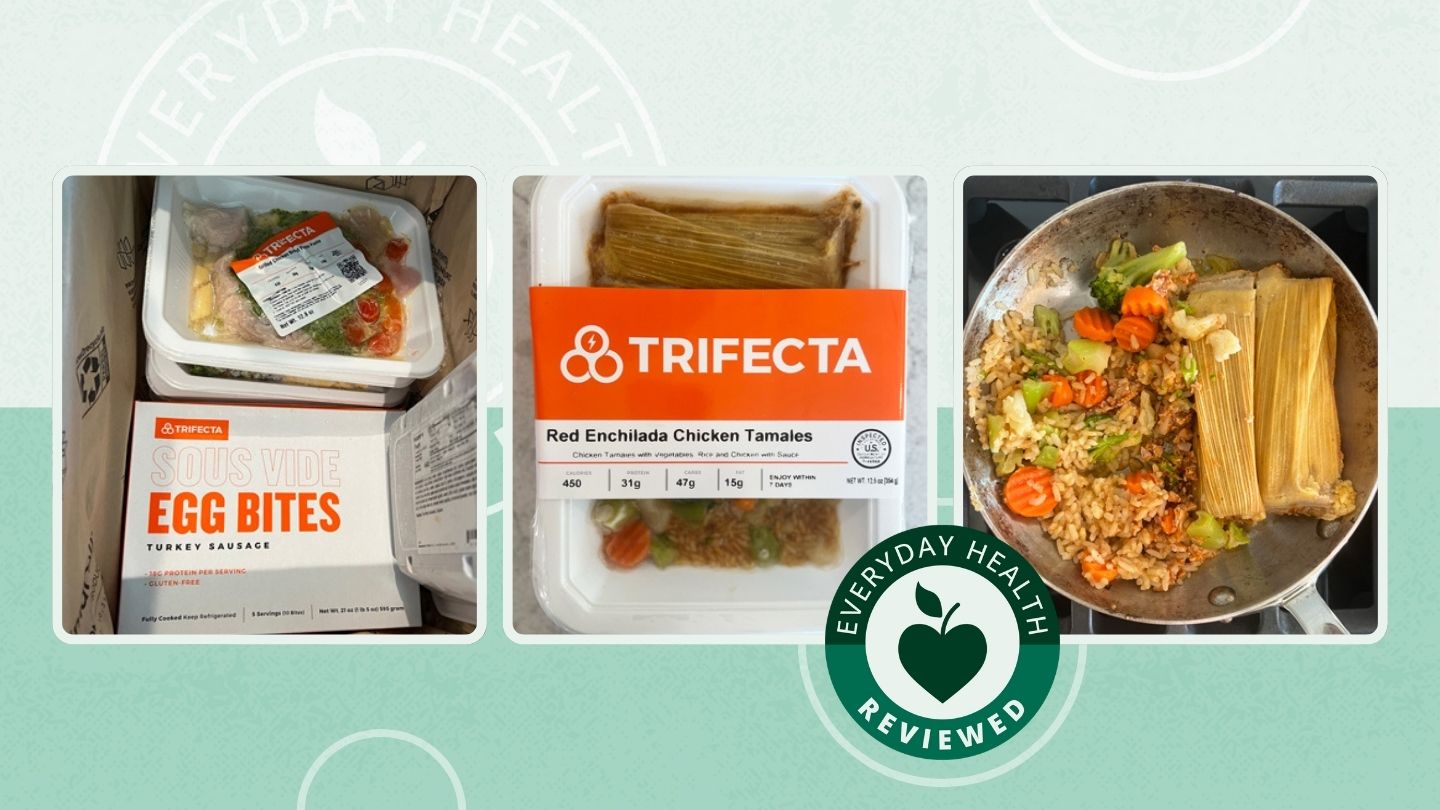How Many Grams are in a Teaspoon of Honey?
Honey is a popular natural sweetener that many people use in place of sugar. But if you're following a low-carb or keto diet, you may be wondering whether honey is keto-friendly and how much you can have. Specifically, a common question is: how many grams of carbs are in a teaspoon of honey?
The short answer is that there are about 5 grams of carbs in 1 teaspoon (about 5 ml) of honey. This carb count comes from three main sugars found in honey:
- Fructose - about 38%
- Glucose - about 31%
- Maltose - about 7%
The exact carb count can vary slightly depending on the specific floral source and terroir of the honey. But generally, you can expect around 5 grams of net carbs per teaspoon.
Measuring Honey Accurately
When measuring honey, it's important to use an actual measuring spoon or device. Do not estimate! Honey is very dense and sticky, so eyeballing it can lead to getting way more than you bargained for.
Use a measuring spoon designed for small amounts, like a 1/4 teaspoon or 1/8 teaspoon. Level off the top with a straight edge like a butter knife. Measuring accurately, especially for sweeteners, is crucial on keto.
Why Honey is Not Keto-Friendly
Based on the carb count, we can determine that honey is not keto-friendly if consumed in large amounts. To stay in ketosis, most people need to keep net carbs under 50 grams per day, and ideally under 20-30 grams.
Given that a single teaspoon of honey contains 5 grams of carbs, it's easy to see how the carbs can add up fast. Even 2-3 teaspoons would use up a significant portion of your daily carb allotment.
For example, if your daily carb limit is 20 grams, just 1 tablespoon (3 teaspoons) of honey would exceed that amount. So regular, large consumption of honey is not feasible on keto.
Is Honey Allowed on a Keto Diet?
So should you avoid honey completely on keto? Not necessarily. Some people may be able to fit in small amounts of honey while staying in ketosis. For example, drinking tea or coffee sweetened with 1/2 teaspoon of honey.
The key is moderation. As a general guideline, limit honey to 1-2 teaspoons per day maximum if you want to remain in ketosis. Be sure to account for the carbs from honey within your daily net carb goal.
Also consider mixing honey with other keto-friendly sweeteners like stevia or monk fruit. This allows you to use less honey per serving while still getting its unique flavor.
Tips for Using Honey on Keto
Here are some tips for incorporating honey into a keto eating plan:
- Drizzle 1 teaspoon honey over full-fat Greek yogurt or cottage cheese for a dessert
- Sweeten your coffee or tea with 1/2 teaspoon honey
- Mix 2 teaspoons honey into a keto-friendly smoothie
- Stir 1 teaspoon honey into oatmeal or chia seed pudding
- Use honey to glaze chicken wings or salmon before cooking
Avoid Hidden Carbs from Honey
Keep in mind that honey is commonly added to many sauces, dressings, bakery items and other processed foods. Always check the nutrition label and ingredients list to watch out for hidden carbs from honey.
Some examples of foods that often contain honey include:
- Barbecue sauce
- Honey mustard
- Honey wheat bread
- Honey roasted nuts
- Honey sriracha
Natural Sugar Alcohols as an Alternative
For a zero-carb alternative, you can use natural sugar alcohols like erythritol or xylitol in place of honey. These are technically classified as "sugar alcohols" rather than artificial sweeteners.
Xylitol and erythritol are found naturally in the fibers of fruits and vegetables. They add sweetness with minimal effects on blood sugar and insulin. An added benefit is that they do not cause digestive issues like some other sugar alcohols.
Just keep in mind that sugar alcohols are still very sweet, so use them sparingly. And they can also add up in terms of carbs if over-consumed.
Benefits of Xylitol and Erythritol
Here are some of the main benefits of xylitol and erythritol for keto:
- Provide sweetness without spiking blood sugar
- Very low calorie and low glycemic index
- Do not require insulin to metabolize
- Do not contribute to tooth decay
- Can improve dental health
- Digestive system tolerates them well
- Can be substituted 1:1 for sugar
The bottom line is that xylitol and erythritol are great natural sugar substitutes on a ketogenic diet. Just account for the small amount of carbs they contain.
Is Honey Healthier Than Sugar?
Given that honey is high in sugar and carbs, is it any healthier than regular processed sugar? Or should you avoid honey altogether if you want to eat healthy?
Here is a comparison of some of the key differences between honey and regular table sugar:
Honey Contains Some Nutrients
Honey contains small amounts of several vitamins and minerals. This includes niacin, riboflavin, thiamin, minerals like calcium, iron, magnesium, manganese, phosphorus, potassium and zinc, and various polyphenols and antioxidants.
In contrast, table sugar contains zero vitamins, minerals, antioxidants or other nutrients. It is purely empty calories.
Honey Has a Lower Glycemic Index
The glycemic index (GI) measures how quickly a food raises blood sugar. Honey has a GI of 55-58, while regular sugar has a GI of 60-65.
So honey causes a slightly slower and smaller rise in blood sugar compared to white sugar. However, this difference is minor in practical terms.
Honey is Less Processed
Honey is a more natural sweetener made by bees, while regular sugar is highly refined and stripped of nutrients. So honey retains some nutritional benefits absent from processed white sugar.
However, that doesn't mean you should go overboard on honey. The carbs and calories still add up fast.
The Bottom Line
The bottom line is that honey is not fully keto-friendly due to the high carb and sugar content. To stay in ketosis, limit honey to 1-2 teaspoons per day maximum.
Natural sugar alcohols like erythritol or xylitol are zero-carb alternatives. But they can also be overused, so practice moderation.
While honey has some minor health advantages over regular sugar, it should still be eaten sparingly on keto. Use other natural low-carb sweeteners for everyday needs.
FAQs
Is honey keto-friendly?
Honey is not fully keto-friendly, but small amounts can fit into a keto diet. Limit honey to 1-2 teaspoons per day maximum. Be sure to count the carbs from honey within your daily carb limit.
How many net carbs are in a teaspoon of honey?
There are around 5 grams of net carbs in 1 teaspoon of honey. The exact amount can vary slightly based on the floral source.
What are natural sugar alcohols?
Sugar alcohols like erythritol and xylitol are zero-carb or very low-carb sweeteners found naturally in fruits and vegetables. They can be used as alternatives to honey on a keto diet.
Is honey healthier than regular sugar?
Honey contains small amounts of vitamins, minerals and antioxidants absent from refined sugar. It also has a slightly lower glycemic index. However, honey should still be eaten in moderation.
How can I use honey in keto recipes?
Use small amounts of honey to sweeten teas, yogurt, smoothies, granola and salad dressings. Avoid packaged foods with hidden honey ingredients. Limit total honey to 1-2 teaspoons daily.
Disclaimer: This article is for informational purposes only and does not constitute medical advice. Always consult with a healthcare professional before starting any new treatment regimen.
Related Coverage
Wondering if cottage cheese is keto-friendly? Find out everything you need to know about adding this nutritious high protein snack to your low carb diet....
Learn whether biscotti is a healthy cookie option or just another sugary treat. The ingredients, nutrients, benefits, and downsides of this tasty Italian cookie revealed....
Pretzels are high in carbs yet can be enjoyed in moderation on keto. Learn about pretzel nutrition, low carb swaps, keto recipes and tips for fitting pretzels into your diet....
Lemons contain minimal net carbs and can fit into a keto diet. Learn about their carb content, health benefits, how to use them, and get low-carb lemon recipes....
Most types of seaweed are low in carbs and suitable for a keto diet. Seaweed provides nutrients and benefits like aiding digestion, reducing inflammation, and supporting brain and thyroid health....
Breads, grains, beans, fruits and starchy veggies are off limits on keto. Swap high-carb foods for low-carb vegetables, Cloud Bread, chia pudding, cauli rice, fatty meats....
Get the scoop on the best low-carb cheeses to enjoy on keto. Learn carb counts, the best options to choose, and easy cheesy recipes to make....
Indian vegetarians can follow the keto diet by emphasizing ghee, nuts, seeds, eggs, paneer and low-carb vegetables while limiting carbs. Get meal ideas and tips for success....
Enjoy mouthwatering keto turkey sausage recipes this Thanksgiving. Discover breakfast, appetizers, mains, sides and desserts featuring turkey sausage for your ketogenic diet....
Learn all about the real sugar content of straight unflavored moonshine versus flavored commercial moonshines. Get the facts on sugar, carbs, and the keto diet....









